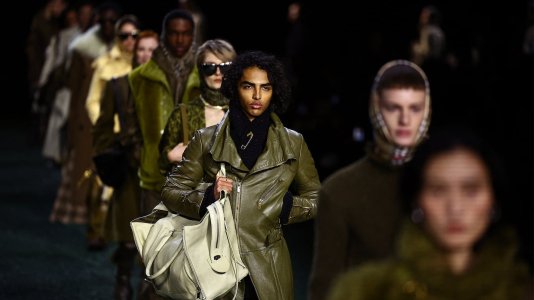Burberry Preparing to Cut Hundreds of Jobs, Telegraph Reports
The British fashion house has reportedly begun a 45-day consultation process following a sharp decline in its stock market value.
07 July 2024
British fashion house Burberry Group Plc is expected to shed hundreds of jobs, mostly in the UK, following a sharp drop in its stock market value, the
Telegraph reported.
Employees were informed during a Zoom meeting in late June, with those affected told they were facing redundancy or having to reapply for their roles, the newspaper reported, without saying where it got the information.
Burberry has reportedly begun a 45-day consultation, signaling that hundreds of positions could be cut.
It’s understood that union officials are coordinating redundancy settlements with a select group of employees. Employees fear as many as 400 jobs could be at risk. Burberry declined to comment to the Telegraph.
Burberry employed an average of 9,169 full-time equivalent workers during the 2023-24 fiscal year, according to its most recent annual report.
The reported cuts would follow 500 positions slashed in 2020, when the iconic trench-coat maker sought to save £55 million ($70.5m) amid pressures from the pandemic.
By Jack Wittels
 .
.


